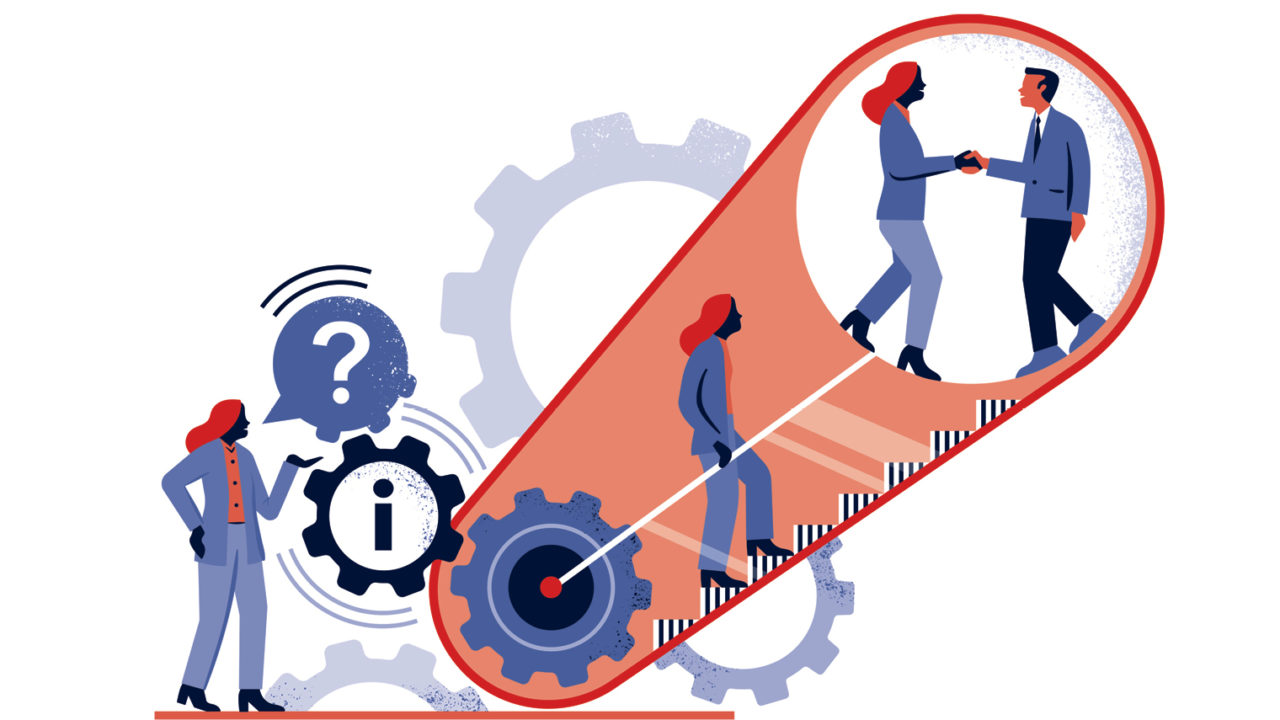Why salespeople should not fear AI

Ex-prime minister David Cameron has taken a job at Affiniti, one of the world’s largest artificial intelligence companies, which specialises in the use of AI in sales.
As chair of the company’s advisory board, Mr Cameron says he will be helping support its work to transform the future of customer service and interpersonal communications.
Like the incoming tide, you can ignore it, but it will continue to come and you can either ride the wave or be swept away by it
While Mr Cameron may not have predicted the UK’s future in Europe, there’s no doubt that backing the use of AI in sales is a better bet.
“AI and machine-learning are the next evolution of the digital revolution,†says Brendan Dykes, director of product marketing at customer experience and call centre technology vendor Genesys.
“Like the incoming tide, you can ignore it, but it will continue to come and you can either ride the wave or be swept away by it.â€
AI helps at every stage of the sales cycle
In a recent analysis sponsored by Genesys, MIT Technology Review Insights found that almost 90 per cent of companies around the world are using AI to improve the customer journey.
Of these, more than 90 per cent report faster complaint resolution and over 80 per cent say call volume processing is improved.
Between one quarter and one half of all inquiries are now completely resolved through automated channels, and 70 per cent of respondents say revenue has increased.
The advantages of using AI in sales are apparent at every stage of the customer journey. “In sales, leveraging artificial intelligence at the first point of engagement with a prospect or customer can have a tremendous impact on a business’s ability to convert a lead, make a sale, decrease costs and more,†says Mr Dykes.
“The first place consumers engage with a brand is often on its website. Using AI and machine-learning here, businesses can provide a more personalised experience from the very moment a customer engages, enabling them to give the right person at the right moment with the right offer in the right way.â€
Making customer service quicker and more efficient
In a multi-platform world, the customer journey has become increasingly complex, so much so that in a report last year Google described it as “more like the plot of a whodunit than a decision to buy a new jacketâ€.
The number of customer interactions is increasing all the time, more than tripling between 2014 and 2017, according to customer analytics platform Kitewheel. The traditional model of the purchase funnel is becoming less and less relevant, with customers taking many different paths to purchase.
This, of course, makes mapping and managing that customer journey all the more complex, and more important.
According to Ilona Hansen, senior director analyst at Gartner, who specialises in business-to-business (B2B) technologies, automating at least some of the process has clear advantages.
“For example, AI applications can automate the time-consuming tasks of initiating contact with a sales lead, and then qualify, follow up and sustain the lead,†she says.
“These technologies can parse natural language to understand customers’ questions, handling thousands of conversations simultaneously and in multiple languages. Because AI technologies are connected to all the relevant systems, they deliver results faster than a human resource.â€
Jobs not under threat from AI in sales
It’s a worrying prospect for many salespeople, who fear being replaced by a disembodied AI. In fact, AI in sales can be a huge enabler, allowing sales professionals to focus their time and efforts where they’re most needed, says Ms Hansen.
According to Gartner, the three core AI technologies for B2B sales organisations in particular are decision support and augmentation, agents and virtual assistants and process automation.
“Organisations must understand that AI augments sales staff, but does not replace them; therefore, AI will not absorb B2B sales jobs. By using current technologies, 40 per cent of administrative sales work can be automated, which may rise to 47 per cent with improved natural-language processing,†she says.
“The time gained through the automation of standard sales tasks presents sellers with more time to prospect and find new revenue. AI works best when used to support B2B sales reps in their daily sales tasks, such as recommending which lead should be contacted first, or providing insights about a sales lead or customer.â€
AI in sales can assist with everything from nurturing leads and lead scoring to customer contact analytics, opportunity scoring, sales forecasting and more, she adds.
“In fact, AI can analyse data fast to uncover, classify and predict better than humans can,†says Ms Hansen. “It recommends to B2B sales what they should do to achieve faster, and better their targets.â€
This article was originally posted on – https://www.raconteur.net/hr/ai-sales-customer-journey
